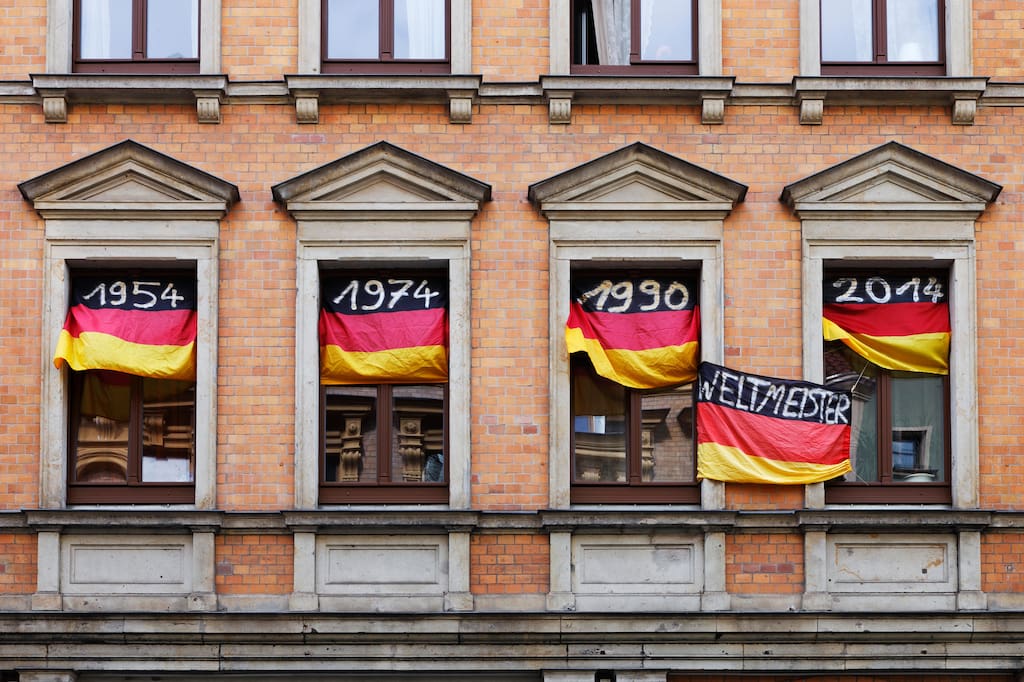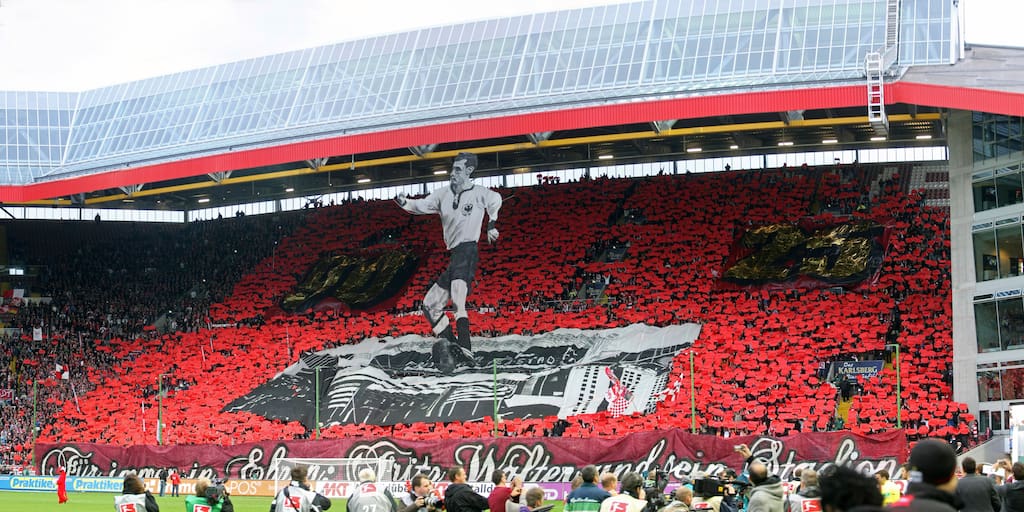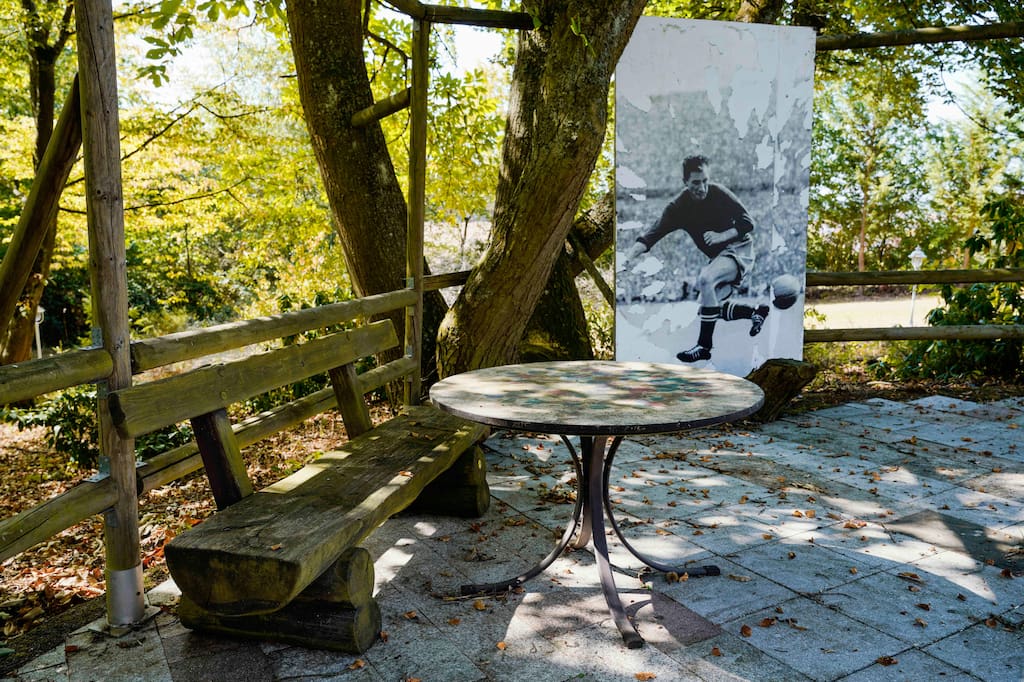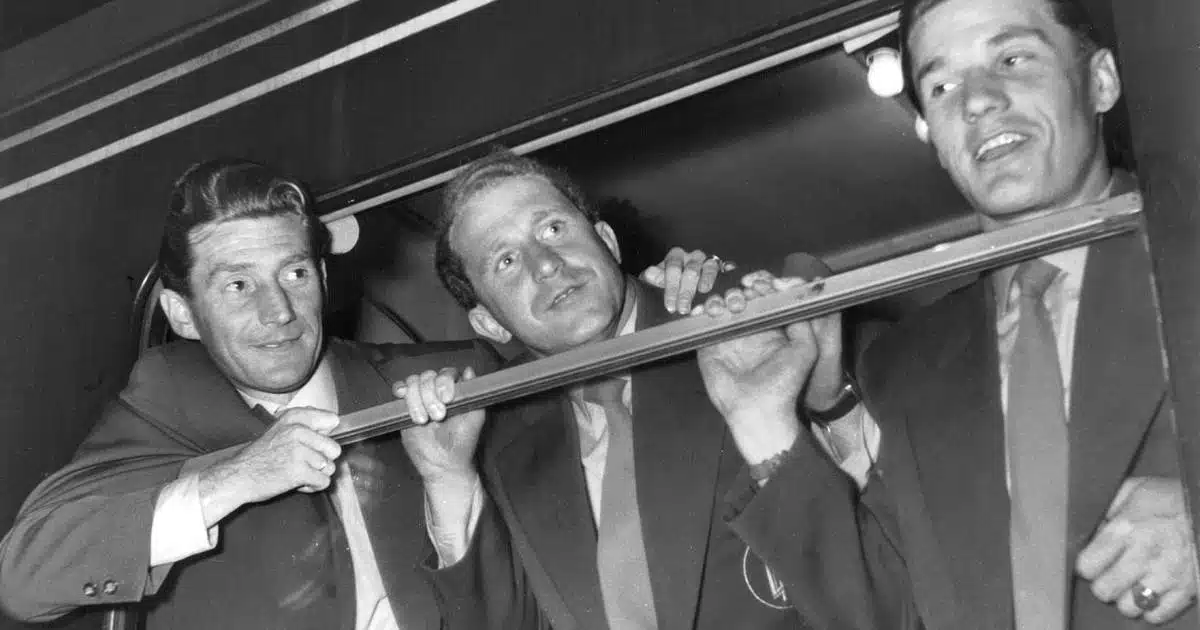Germany has long been the center of it all in the annals of history when it comes to the fate of continental Europe.
The first to truly defy the power of the ancient Romans to the point that near-invincible legions of many Imperators rarely crossed the Rhine and into the forested unknown in the wake of a devastating defeat at the battle of Teutoburg Wald thanks to Cheruscian mastermind and former Roman cavalry commander Arminius, Germany would become one of the centerpieces of politics, finance, and warfare in Europe for close to two thousand years.
From Angles and Saxons migrating across the North Sea to eventually become the descendants of the Anglo-Saxon kings headlined by Alfred the Great, to the influence of the Holy Roman Empire from its many seats of power in German cities such as Aachen, Trier, Köln, and Mainz, as well as two world wars that saw the nation become a key catalyst, and to the present day where Germany remains one of the leading figures on the Global and European stage, the country has truly helped shape the course of human history.
Football has been no different.
Germany’s international record is one of the most feared of any nation on the planet. They have taken part in every World Cup tournament bar two (1930, and 1950) and reached at least the semi-finals on thirteen occasions out of a possible nineteen while reaching the final eight times and taking home full World Cup honors four times.

Germany Football World Champion 1954 1974 1990 and 2014;
Flags with the year dates at the windows of an German fan E4P67C Germany Football World Champion 1954 1974 1990 and 2014;
Flags with the year dates at the windows of an German fan (Alamy Stock Photo)
As for the European Championship, Germany boasts the strongest legacy on the continent, winning the competition three times (tied with Spain) while finishing as runner-up on another three occasions (tied with the former Soviet Union) and appearing in the final a record six times.
Affectionately known as Die roten Teufel, Kaiserslautern is an old club in the German football landscape (and one of the eventual founding members of the Bundesliga) having been established 122 years ago when Germania 1896 and FG Kaiserslautern merged to create FC 1900.
Through a series of future merges, the club officially became known as 1.FC Kaiserslautern in 1933 and since 1920, has been proudly operating out of the historic Fritz-Walter-Stadion (named so in 1985 after the club’s most legendary son) located on the Betzenburg hill overlooking the city.

Fritz Walter choreografie by fans of the 1. FC Kaiserslautern football team, Bundesliga Federal League, 12th round, 1. FC BYBATE Fritz Walter choreografie by fans of the 1. FC Kaiserslautern football team, Bundesliga Federal League, 12th round, 1. FC (Alamy Stock Photo)
It would not be until after the Second World War had left Germany in ruin on the back of its complete capitulation at the hands of the Allied powers that Kaiserslautern would leave its greatest gift to the nation.
During the 1951 season, the club would win its first German football championship despite already being an established regional power while taking part in the Oberliga Südwest, winning the competition for five consecutive seasons between 1946 and 1951.
Though the club remained the dominant power, it went on to win the German football championship again in 1953 as a precursor to the monumental influence it was about to bestow upon the national consciousness.
The 1954 World Cup saw Germany’s return (as West Germany) to the competition while the nation was still trying to get back on its feet in the wake of world conflict.
Drawn in a group with South Korea, Turkey, and a vaunted Hungarian side that was viewed as the tournament favorite on the back of a legendary quartet of players in Ferenc Puskás, Sándor Kocsis, József Bozsik, and Zoltán Czibor, Germany opened group play with a 4-1 win over the Turks before being annihilated by the Mighty Magyars by an 8-3 scoreline, with the Hungarians smashing 17 goals in just two group stage fixtures.
But Germany would defeat Turkey once again (7-2) in a playoff to see who reached the knockout stage where they first saw off Yugoslavia by a 2-0 scoreline and then dispatched Austria in a 6-1 rout to confirm a rematch against Hungary in the final after Puskás and company defeated both Brazil and Uruguay by the same 4-2 scoreline.
What was to transpire in Switzerland at the Wankdorfstadion in Bern came to be known as Das Wunder von Bern.
Germany fell to an early two-goal deficit courtesy of Puskás and Czibor after just eight minutes, with another rout expected to be on. But 1.FC Nurnberg legend Max Morlock cut the deficit in half just two minutes later and then Essen icon Helmut Rahn leveled matters eight minutes after.
The match would remain deadlocked at 2-2 until the 84th minute when Rahn popped up to bag his brace six minutes from time and Germany’s Vertragsspieler would go on to complete an improbable comeback win against the dominant power of the period.

Alsenborn, Germany. 22nd Sep, 2020. A sitting area and a photograph of Fritz Walter in action are in the garden of the Fritz Walter House. On 31 October, Fritz Walter, who died in 2002, would have been 100 years old. Fritz Walter wrote sports history with 2D57977 Alsenborn, Germany. 22nd Sep, 2020. A sitting area and a photograph of Fritz Walter in action are in the garden of the Fritz Walter House. On 31 October, Fritz Walter, who died in 2002, would have been 100 years old. Fritz Walter wrote sports history with the “Miracle of Bern”. Credit: Uwe Anspach/dpa/Alamy Live News (Alamy Stock Photo)
Victory over a Hungarian side that had not left a football pitch in defeat in four years not only kickstarted the nation on to economic, political, and sporting progression but caused a reversal of fortunes for Hungary that would never see it rise again to such footballing prominence.
For the legendary Fritz Walter, his younger brother Ottmar, Horst Eckel, Werner Kohlmeyer, and Werner Liebrich, it was a day long remembered as all five players plied their trade at Kaiserslautern while the brothers Walter, Kohlmeyer, and Liebrich were all Kaiserslautern-natives and, to this day, are deified figures in the Rhineland-Palatinate region of the country.
Kaislerslautern’s influence on football was not over yet, however, and it would not be until the 1997-98 Bundesliga season that they shocked the German footballing world once again while helping to propel the careers of one young player that would go on to greater things; 21-year-old Michael Ballack.
🇬🇷🇩🇪 German Otto Rehhagel is the only coach in history to guide a country other than his own to the European Championship title (Greece, 2004).
He is also the only coach to ever win the German Bundesliga with a promoted club (Kaiserslautern, 1997/98).
The ultimate outsider! pic.twitter.com/lDczlvinoT
— The Sweeper (@SweeperPod) June 9, 2021
Under the watchful eye of former Bayern Munich headmaster and managerial icon, Otto Rehhagel, Kaiserslautern became the first and only newly-promoted club to lift the Bundesliga trophy after climbing back into the top flight of German football the season prior by winning the 2.Bundesliga.
Rehhagel managed a side that featured the aged-yet-great Andreas Brehme, Olaf Marschall, and Czech stalwarts Miroslav Kadlec and Pavel Kuka. Together, with notable Bulgarian international Marian Hristov, Swiss midfielder Ciriaco Sforza, and the aforementioned Ballack, Kaiserslautern wrote their name into the history books once more.
Though they have now faded into relative obscurity having first dropped down to the 3.Liga amid a crippling financial crisis thanks to the 2006 World Cup, and now competing once more in the 2.Bundesliga, it is fair to suggest that without Kaiserslautern, the German powerhouse that has left its stamp on the beautiful game would have never been born without 1FCK and its native sons.
For more from The Quiet Ones, click the links below











